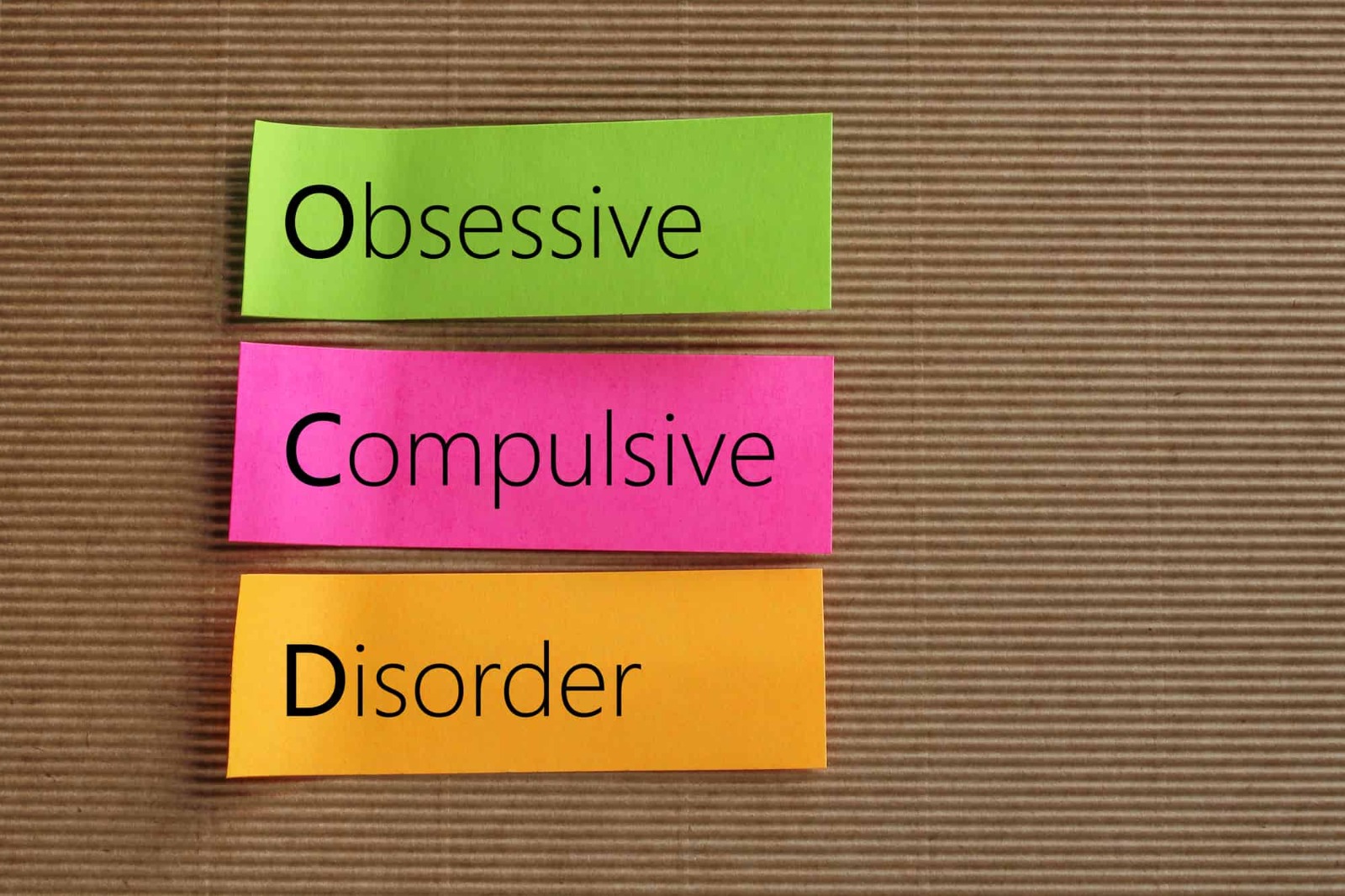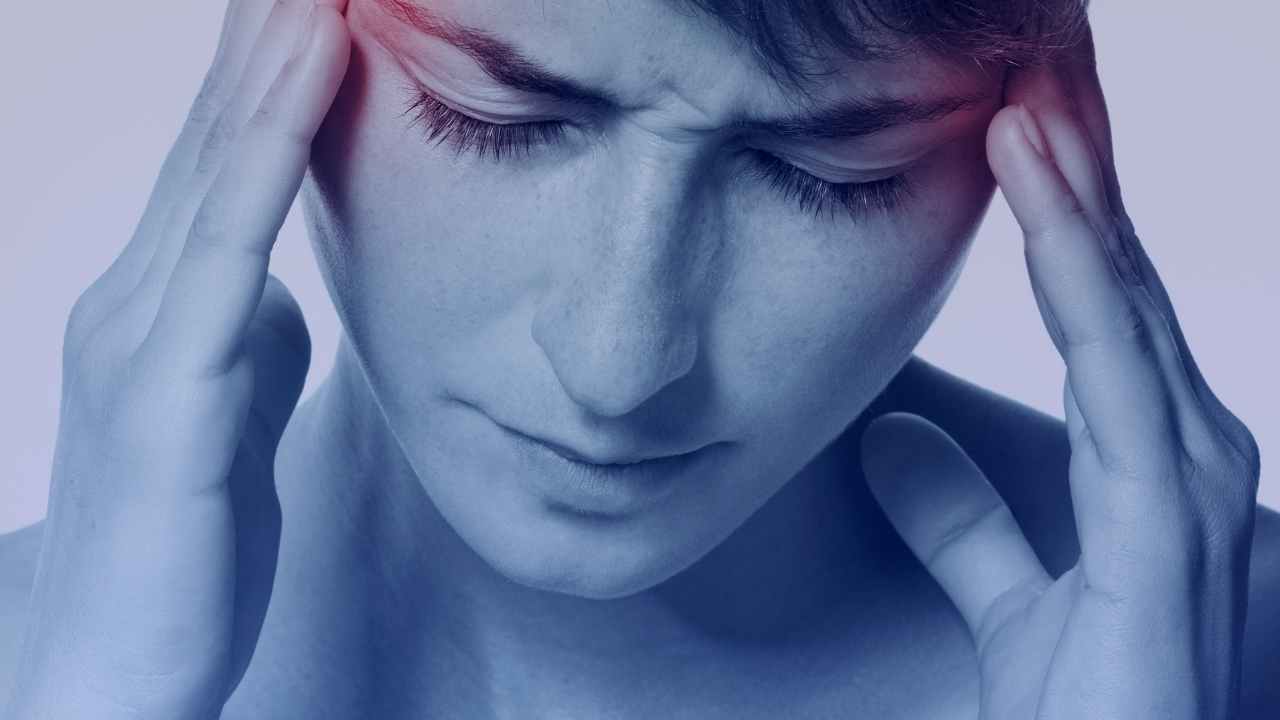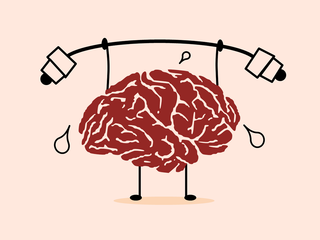How Thoughts and Behaviors Control Lives
- ByAakriti Garg
- 05 Feb, 2025
- 0 Comments
- 2

Obsessive-Compulsive Disorder (OCD) is a mental health condition that affects millions of people worldwide. It is characterized by intrusive, unwanted thoughts (obsessions) and repetitive behaviors (compulsions) that the individual feels compelled to perform. While everyone experiences occasional worries or habits, OCD can significantly disrupt daily life and well-being.
Obsessions in OCD are persistent thoughts or urges that cause anxiety or discomfort. For example, a person with OCD may have intrusive thoughts about harming others or fears of contamination. These thoughts often provoke distress and anxiety, leading individuals to engage in compulsions to alleviate the discomfort.
Compulsions are repetitive behaviors or mental acts that a person feels driven to perform in response to an obsession. These actions are usually intended to reduce anxiety or prevent a feared event from occurring. Common compulsions include washing hands excessively, checking locks or appliances repeatedly, or arranging objects in a specific order. However, these behaviors provide only temporary relief and do not solve the underlying problem, leading to a cycle of obsessions and compulsions.
The exact cause of OCD is still not fully understood, but a combination of genetic, neurological, and environmental factors is believed to contribute to its development. Research suggests that imbalances in serotonin, a neurotransmitter in the brain, may play a role in the condition. Stressful life events or trauma can also trigger or worsen OCD symptoms.
Treatment for OCD often includes a combination of therapy and medication. Cognitive-behavioral therapy (CBT), specifically Exposure and Response Prevention (ERP), is a highly effective treatment. ERP helps individuals confront their fears and resist the urge to perform compulsive behaviors. Medications like selective serotonin reuptake inhibitors (SSRIs) are commonly prescribed to help manage symptoms.
In conclusion, while OCD can be a challenging and disruptive disorder, with proper treatment and support, individuals can manage their symptoms and lead fulfilling lives.
Post a comment
Stop Blowing Your Nose Like This...
- 22 Apr, 2025
- 2
Is your Breakfast ruining your health? Find out now!
- 30 Apr, 2025
- 2
Migraine Triggers: Common Foods You Should Avoid
- 22 Jan, 2025
- 2
How Lifestyle Choices Protect Your Brain
- 08 Apr, 2024
- 5
Ek aur type of diabetes? Type 5 ka sach finally...
- 17 Apr, 2025
- 3
Categories
Recent News
Daily Newsletter
Get all the top stories from Blogs to keep track.

















